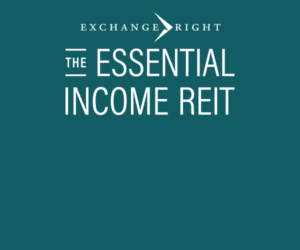What Does Zillow’s iBuying Failure Mean for SFR Investors?
November 30, 2021 | Jenn Elliot

One of the notable trends of the past decade has been the rise of institutional single-family rental (SFR) operators, who have been buying up portfolios of single-family homes at discounted prices or, more recently, building new subdivisions from scratch, and renting them to middle-income Americans who can’t afford to buy. Over the past few years, these institutional buyers have been joined by a number of tech platforms that entered the home-flipping sphere on a massive scale, including Zillow, Opendoor and Offerpad.
But Zillow’s recent disastrous exit from its iBuying business, spurred by its overpaying for homes in a highly competitive market that the company couldn’t then quickly flip at a profit, opened the question of how much these platforms might be disrupting the single-family home market and what role they will ultimately play in the trend toward more institutionally-owned SFRs.
Zillow’s move to wind down Zillow Offers means there’s one less iBuyer hunting for homes in an already hot market. But it doesn’t necessarily mean homebuyers will face less competition from home flipping platforms and institutional investors.
Zillow’s competitors, including Opendoor and Offerpad, as well as institutional buyers, mom-and-pop flippers and investors planning to turn properties into vacation rentals, will likely step in to replace it. In fact, Bloomberg reported that earlier this month, the company was actively pitching roughly 7,000 homes to institutional investors, at an estimated price tag of $2.8 billion.











